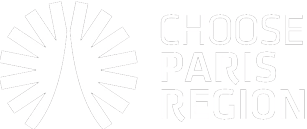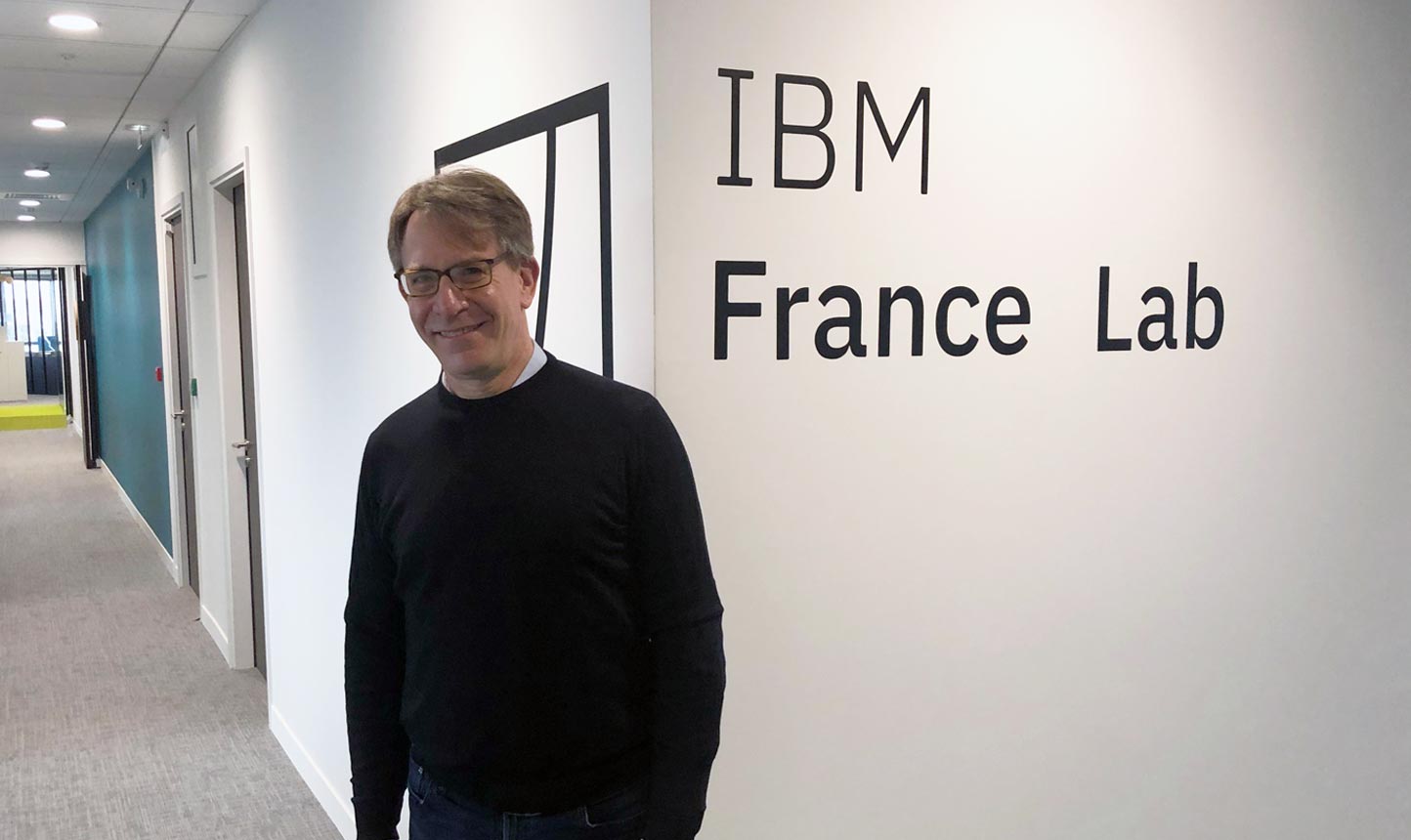
Having been in Paris Region for several years, IBM is no stranger to Paris Region. Drawn by the region’s pool of highly skilled talents and by the potential Paris Region had to offer, IBM decided to place this dynamic ecosystem at the center of its Artificial Intelligence (AI) strategy and create its own AI Lab. We spoke with Mr. Harley Davis (VP, Automation Intelligence and France Lab) of IBM France, to find out how the analytical, creative engineers along with the innovative environment make Paris Region a perfect catalyst for foreign investment and for the development of AI technology.
Please tell us a bit more about IBM’s presence in France and AI Lab
IBM has a long history with France. In fact, the company has been in France since 1914. It is the country where IBM opened its first major international subsidiary and has been here ever since. It has always been very involved with the French business ecosystem as it has always had some amount of R&D activities in France. For me, it all goes back to ILOG, one of the first French start-ups that IBM acquired in 2009, where I worked for many years. From there, we inherited talent and invested heavily in AI.
Indeed, IBM has made AI a central piece of its strategy. As you know, the technical advances in the 21st century have provided a huge amount of available data, compute power powered by cloud, and the algorithms developed in the last decade or so have leveraged this compute power to analyze data and find patterns in it. We use these patterns to help our clients drive their business and made sure to use the Paris Region ecosystem to further enhance this strategy.
We recently moved our Paris region AI lab site from Gentilly to Paris Saclay in a brand-new building, as we saw all the investment going on there. Universities and large corporations such as EDF, Thalès, Danone, and others are regrouping there so it made it really interesting for us to be there too. It seemed like the perfect opportunity to work with potential clients and partners whilst collaborating with universities.
Through the project, “AIDA,” led in collaboration with Paris Saclay University and other companies and financed by the BPI, we set the stage for future co-innovation in this new area. This was our 1st major research activity project launched in Paris Region.
What has been the impact of Covid-19 (good and bad) on IBM’s AI activities in France?
When the first lockdown started, like many other businesses we all switched to working from home. Though we were used to videoconferences (we work with many offices worldwide) it took us by surprise. We could no longer travel and meet clients and colleagues, but we managed really well, and our productivity remained high. The challenge came for families who had to handle working from home, often small apartments, and taking care of their families, and some people who were alone and isolated. We set up virtual coffee hours and other programs to make sure everyone was doing OK.
I would say the biggest challenge came when we had to innovate and think through new projects. It is always easier when you get to work face to face. What this has done to show is that the non-verbal part is very important.
It was also a big positive for some companies - those who were the most resilient were also those who had implemented business automation. Indeed, if you cannot work face to face, you better be good at passing information and automating your workflow. And our Lab’s work is all about increasing the efficiency of the workflow.
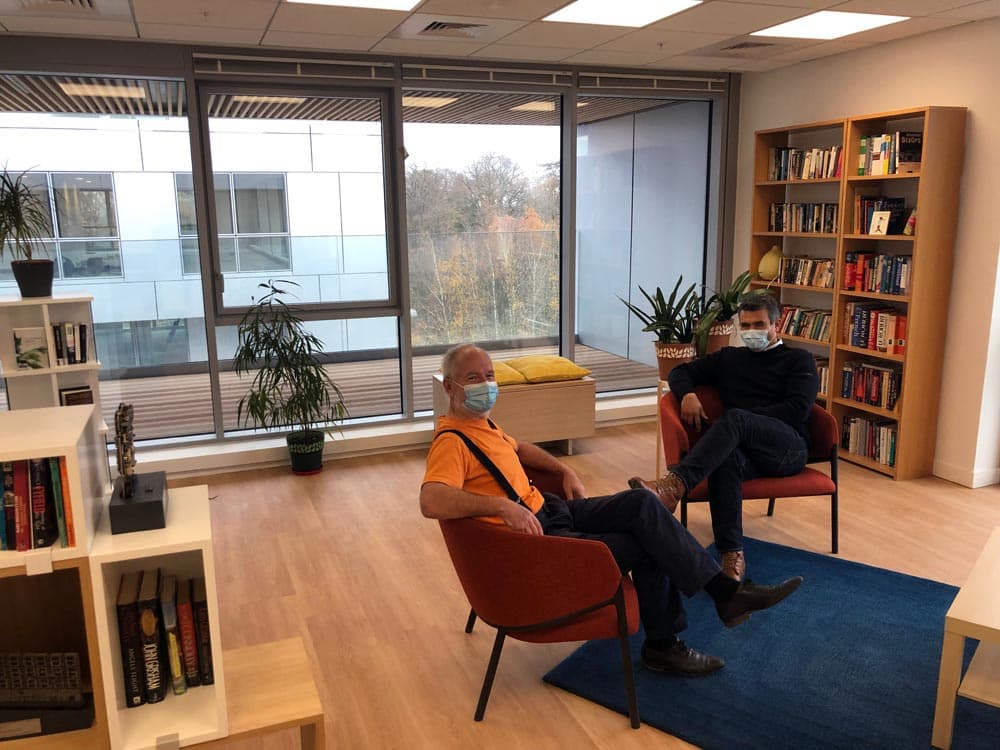
Digital technologies and innovation are becoming drivers for a better quality of life. How is IBM using Artificial Intelligence (AI) to improve sustainability?
I would say Artificial Intelligence (AI) can definitely contribute to sustainability. AI can be applied to several industries such as transportation and help generate more sustainable ways of living. For instance, AI can help cities place shared bikes in an optimal way. This kind of application is what we try and do as our focus is to apply AI solutions to business problems. At present, our aim is to show companies how to leverage AI to adapt to the current mode of working, which then leads to more sustainability, by helping people work better from home and thus using less transportation.
Paris Region is maturing into an impressive start-up ecosystem, attracting foreign talent and funding. How is this benefiting IBM? What kind of collaborations have you developed so far?
IBM was the front runner of it all. At the time when ILOG was created in the late ‘80s, it was before the whole start-up craze. We were one of the very few start-ups and one of the fewer focused on AI. The very fact that we are doing AI activity here at all is because IBM recognized the talent and the value for our clients. IBM had the foresight to acquire one of the biggest pools of talent at the time and make them be the seed of its AI activity.
It has been great to see a new spirit emerge within the last few years with universities wanting to partner more and more with industries. There has been less focus on pure, ivory tower theoretical research and much more openness on behalf of universities to working with companies such as IBM. This is a real win-win situation for all parties. We (companies) get access to the talent (and a much more eager talent pool than in the past), and they (universities) get access to actual problems and get to know that what they are doing is relevant to the real world.
Would you recommend Paris Region to a foreign investor? What are the region’s core assets according to you?
The financing is better than it used to be. The infrastructure has improved. Paris was just ranked the #3 city in the world to live in, so it is attractive in that respect.
I think the conditions are very good in Paris Region! I have been here a long time, and I am definitely a promoter. When you start working with French engineers, you realize the talent is good, and the dedication to the job is amazing. It is very different to what people normally perceive of the French. What you get is an incredibly dedicated, hardworking, talented, creative group of people.
One of the things I like to say is that the French engineers have an amazing combination of creativity and discipline. They get a very solid education with a strong focus on mathematics. I do not think people realize the amount of discipline it takes to get through the French education system and how hard it really is. And at the end, what it produces are people that are super focused, hardworking, and dedicated to success. And at the same time, the culture is very creative and encourages thinking outside the box but doing it in a rigorous way. The French education system has a lot to do with these engineers’ analytical skills and it carries over into the ways they do business.
What AI is turning into these days is a combination of mathematically based machine learning and symbolic logic to better represent how people think and help them work better. And that is at the heart of how French have always approached things. That explains why so many leaders in tech companies are French. France is the perfect place for that type of activity.
Describe doing business in Paris Region in 3 words?
Formal, easy, friendly. I find the French quite easy to work with in terms of business as long as you understand and respect the local protocols.
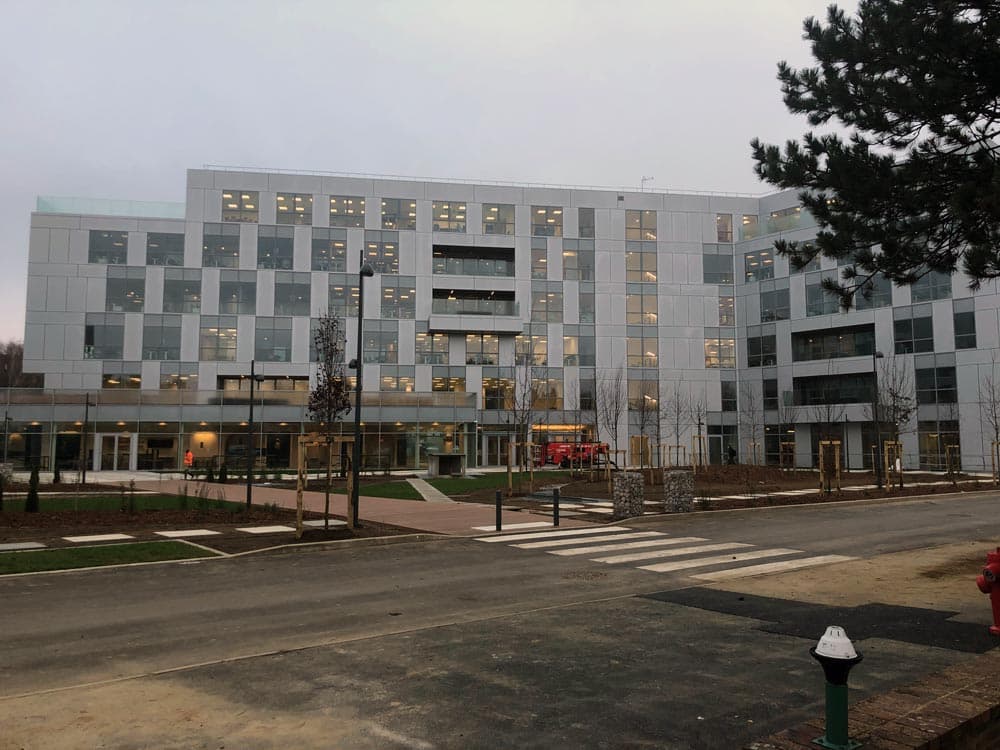
Choose Paris Experts
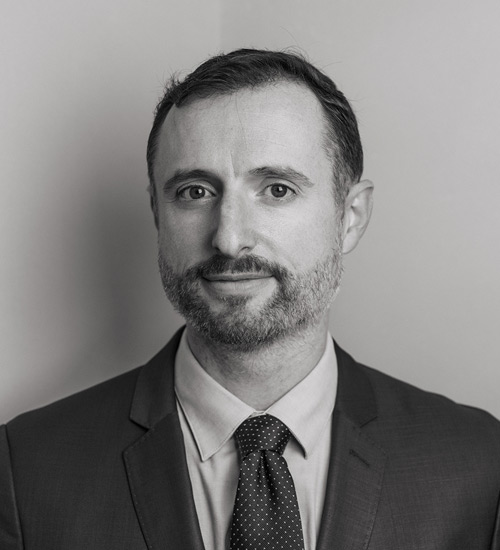
Thomas Fauvel
Deep TechExpert
